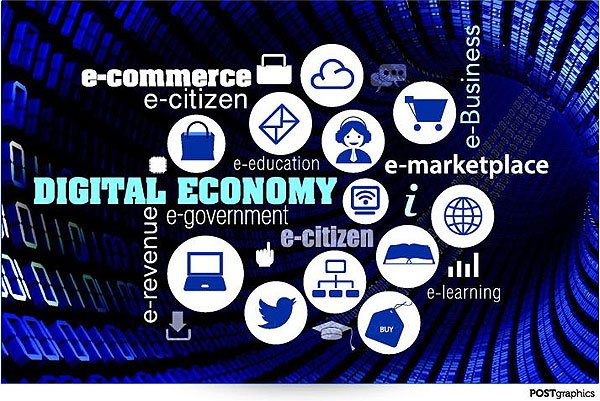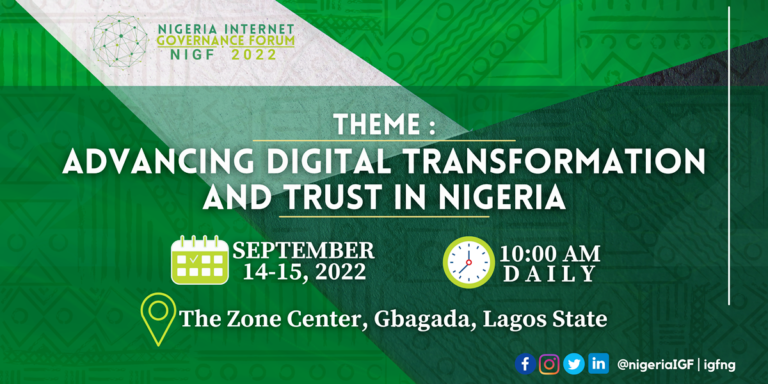Leveraging the Growing Digital Opportunities in Nigeria

Image illustration from Bangkokpost
Opportunities around digital economy is increasingly growing in most regions of Africa especially in Nigeria.For West African enterprises that want to keep pace with a changing consumer, employee and business landscape need to invest in the right business management solutions that will enable them to digitise their business processes.
That’s the word from Magnus Nmonwu , Regional Director for Sage West Africa, who warns that companies in Nigeria and the rest of the region who do not embrace the digital world will be at a serious disadvantage to their competitors. Nmonwu’s comments follow the recent Connect Commerce Conference where Netplus Advisory claimed that e-commerce and online businesses in Nigeria attracted investments worth US$200m over the past three years.
“With more than 93 million Internet users in Nigeria alone (Nigerian Communications Commission statistics), the region’s people form a formidable digital marketplace. In Nigeria, Facebook has more than 15 million monthly active users,” says Nmonwu. “These Internet users want the speed, simplicity and convenience of buying goods and services right from their mobile phones. As employees, they want mobile and Web tools to help them do their jobs – from anywhere at any time.”
“Businesses that don’t keep up with changing consumer and employee behaviour will lose ground to their competitors.” According to Nmonwu, companies that want to stay ahead of the trend towards online business need to put modern business solutions in place that are ready for the mobility, the Internet of Things, analytics, and other digital technologies that are transforming the business environment.
Nmonwu adds that with the rapid growth of the mobile web, e-commerce and social media in West Africa, leading employers are thinking about how they can use technology to engage with their workforce. For example, progressive enterprises are implementing employee self-service to automate business processes while making life more convenient for employees.
An HR package that includes employee self-service functionality enables employees to apply for leave, file business travel expenses, access payslips and update their personal information from their computers, smartphones or tablets. This saves employees, managers and the HR department a great deal of time and paperwork, while also integrating all these activities into the financial functions of the company.
“With the move to an online world, businesses need to think about how they will adapt,” Nmonwu concludes. “This means that they need to become more agile, access data for improved decision-making and interact with stakeholders in a more personalised manner. In addition to thinking about how they will prepare for mobile customers, West African organisations also need to be ready for digital employees. Those that do the necessary groundwork will be in a strong position to attract, retain, and develop the best talent.”







